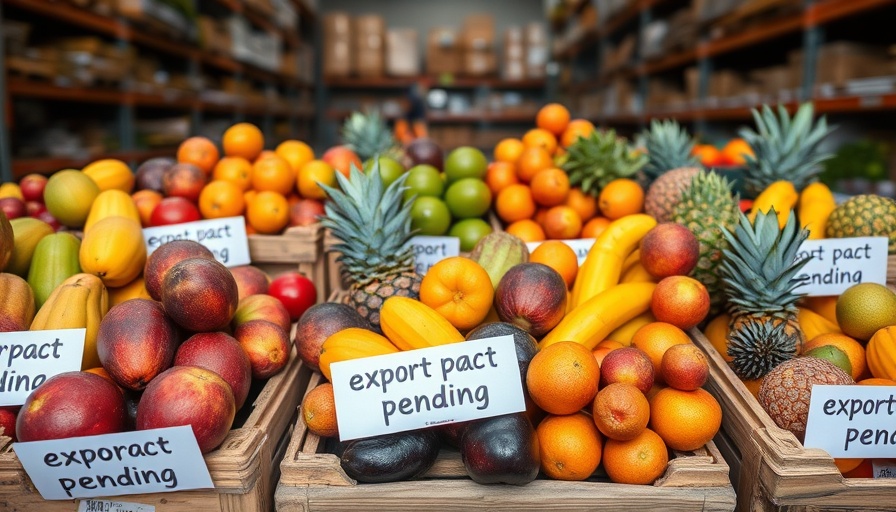
United Vision: The Call for a Self-Reliant Africa
In a vehement push towards self-reliance and unity, diplomats gathered recently to commemorate the 35th Namibian Independence Day, where a clarion call for a unified Africa was made. With global trade and aid landscapes shifting drastically, the necessity for a concerted effort towards real transformation has never been more critical. Speaking at the farewell of Selma Ashipala-Musavyi, the outgoing Namibian Ambassador, speakers underscored the importance of pan-African integration through initiatives like the Africa Continental Free Trade Area (AfCFTA), designed to boost intra-African trade and foster mutual development.
Breaking Down Barriers: Free Movement Across Africa
Central to the discussions was the advocate for visa-free travel, which not only simplifies mobility but also represents a genuine commitment to dismantling colonial-era borders. Kufo Edward Chinoza, Dean of the Southern Africa Development Community (SADC), remarked, “Only a united Africa can dismantle colonial-era borders, boosting intra-African trade and laying the groundwork for a continent-wide economic and political rebirth.” This vision of a borderless Africa is echoed by leaders across the continent, who recognize that the ability to move freely could catalyze growth, cultural exchange, and economic partnerships that have long been stifled.
Stronger Together: The Africa-Caribbean Link
Fidelia Graand-Galon, Suriname’s Ambassador to Ghana, also highlighted the historical ties between Africa and the Caribbean, particularly emphasizing the potential for trade and cultural synergy that could arise from strengthening these connections. She stated, “For this to be successful, African countries must unite first before exploring the diaspora community.” The sentiment shines a light on the importance of internal unity before branching out; a move that could lead to substantial shifts in the economic landscape not only in Africa but globally.
Ambassador Selma Ashipala-Musavyi: A Legacy of Diplomacy
As she steps into her new role as Namibia's Minister for International Relations and Trade, Ashipala-Musavyi leaves behind a strong legacy of fostering trade relationships, culture, and bilateral ties. Her tenure was a testament to why effective diplomacy is crucial in navigating complex international landscapes, especially in light of increasing cybersecurity concerns and the push for sustainable technological integration across industries. With innovations in AI, 5G, and digital transformation continuing to unfold, the next generation of leaders must leverage these tools to further the agenda of unity and collaboration.
Reimagining Africa's Economic Future
The economic vision laid out by various diplomatic representatives is also grounded in substantial changes to current infrastructures. Initiatives aimed at enhancing digital skills, broadening internet connectivity, and investing in fintech have immense potential to alleviate barriers and engender economic growth. As more African nations unite their efforts, the continent could emerge as a formidable player in the global economy, demonstrating how cooperation can lead to transformative economic prosperity.
A Call to Action: What Can You Do?
As African nations embark on this journey toward unity and cooperation, what role can you play? Business leaders and executives, in particular, are encouraged to foster partnerships that align with these new realities. Investing in startups, supporting local businesses, and advocating for tech integration can create a nurturing ecosystem conducive to the collective aspiration of a united Africa. Join the movement towards a self-reliant Africa — your actions today can shape the continent of tomorrow.
In conclusion, as we stand on the cusp of a transformative era, embracing a united Africa is not only about eliminating borders but also about fostering a spirit of collaboration that harnesses the rich resources of the continent. Together, we can redefine what it means to be African in the global economy.
 Add Row
Add Row  Add
Add 




Write A Comment